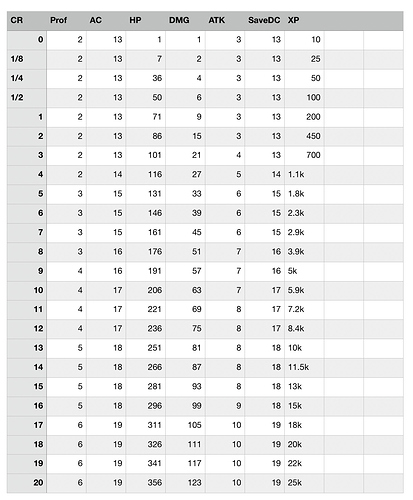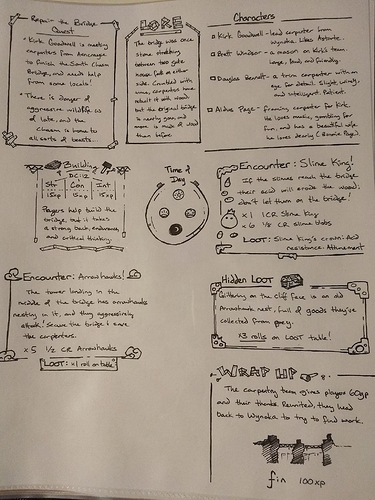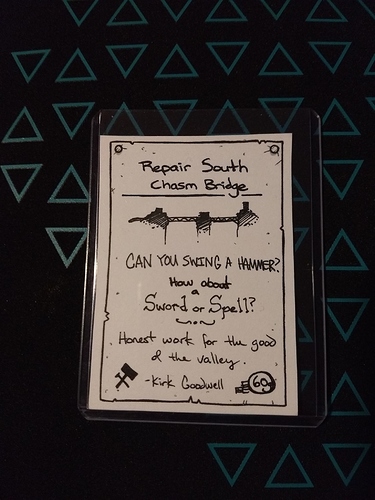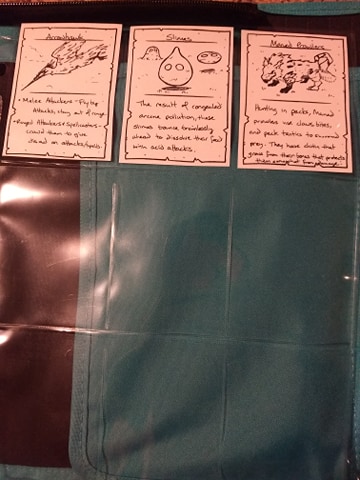So I love both games. But I lean a little kore towards Icrpg. The players at my table in the other hand do not. They are dnd 5e snobs. In a good way. They just have ZERO desire to try another hame. Another genre or another anything that isn’t fantasy dnd 5e.
That’s fine. I’m ok with that. I’m playing a hame I love.
But the issue.
I find myself as of late having a Harder and harder time planning sessions and campaigns. I wanna lean to the one page style everyone does here in there tomes and run straight from that. But I find it hard to have a decent continuation campaign that way.
I guess I’m looking for ways to adapt more Icrpg into dnd 5e which Can help the players see it in action subtly, but also me with prepping for my games.
I don’t have a lot of free time to actually prep so I wanna run good fun game’s but also give it that campaign feel as a continuing story.



 Hope you dig and it helps you come up with a better idea!
Hope you dig and it helps you come up with a better idea!

